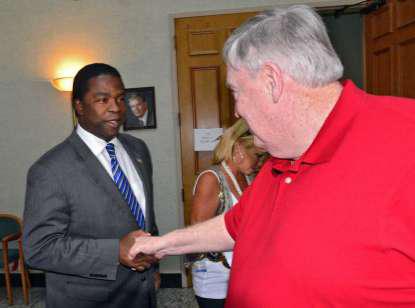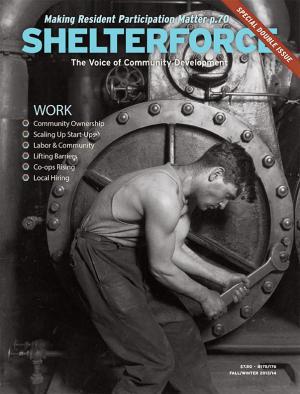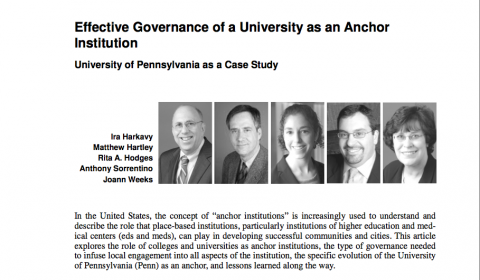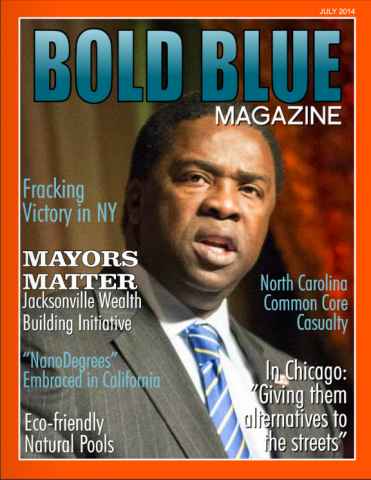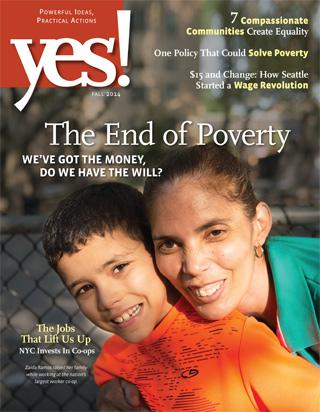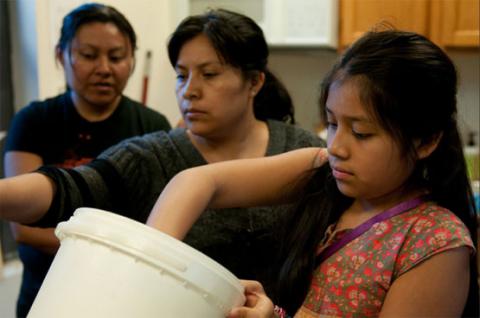From the Florida Times-Union
The crowd at Mayor Alvin Brown’s first Business Builder conference in early 2012 still bore the wounds of the Great Recession, casting a sense of guarded optimism among the budding entrepreneurs who turned out for the event.
